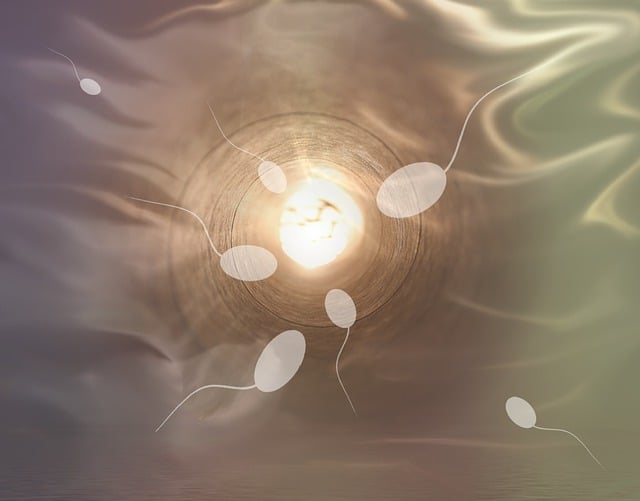If you’re thinking about IVF, you’re probably wondering how long the whole process will take and what to expect in the coming months. You might be curious about planning ahead and, if everything goes smoothly, when you could possibly see that positive pregnancy test! Generally, an IVF cycle lasts about six to eight weeks, but many factors can influence this timeline. Our fertility specialists are here to break it down for you in a realistic way.
What is IVF?
In vitro fertilization (IVF) is a popular fertility treatment designed to assist individuals facing challenges with natural conception. The process involves several key stages, including:
- Initial Assessment and Consultation: This can take up to two weeks, where you’ll undergo tests and discussions with a fertility expert.
- Preparing for IVF: Depending on your situation, this phase can take an additional two weeks, especially if hormone suppression is needed.
- Ovarian Stimulation: This usually involves taking injections at home for about two weeks to stimulate egg production.
- Egg Retrieval and Fertilization: This is a one-day procedure.
- Embryo Development: Takes around five to six days.
- Embryo Transfer: This happens either immediately if you’re using a fresh embryo or at least six weeks later for a frozen one.
- The Two-Week Wait: After the transfer, you’ll wait two weeks to take a pregnancy test to find out the results.
All these stages together form one complete IVF cycle. While the average duration is six to eight weeks, various factors like your body’s response to medication and your specific treatment plan can affect the overall timeline.
Getting Started with IVF
If you’re considering IVF at a private clinic, like TFP Fertility, you can either be referred by an NHS doctor or self-refer. The first step is a fertility assessment that includes blood tests and scans to evaluate your ovarian reserve. If you’re planning to conceive using sperm from a partner or co-parent, a sperm analysis might be required as well.
During your initial consultation, your results will be discussed with you, and your consultant will help determine the best treatment plan. Several factors can influence the timeline, such as whether you’ll be using your eggs right away or freezing them for later. You may also consider genetic screening for conditions like cystic fibrosis or Huntington’s disease, which can affect your embryo selection.
Before you begin IVF, you’ll have a consent appointment and meet with a fertility counselor to address any emotional concerns you may have.
Ovarian Stimulation
Ovarian stimulation is often the most hands-on phase of IVF. You’ll take injections to stimulate egg production and have regular check-ups to monitor your progress. Depending on your circumstances, you might start this stage immediately or first undergo a cycle suppression phase to increase egg yield.
Egg Retrieval
During ovarian stimulation, you’ll have several appointments to ensure that your eggs are ready for retrieval. Once your eggs are deemed ready, you’ll take a trigger injection at home, and about 36 hours later, you’ll visit the clinic for the egg retrieval. This quick procedure lasts around 15 to 20 minutes, but you should plan for a few hours at the clinic for preparation and recovery.
Fertilization and Embryo Development
Your eggs will be fertilized on the same day as retrieval. This can be done either through natural mixing with sperm or via intracytoplasmic sperm injection (ICSI), where a single sperm is injected directly into an egg. Your embryos will be allowed to develop for five to six days before the next step, which is critical for improving success rates.
Embryo Transfer
The timing of your embryo transfer will depend on whether you’re opting for a fresh transfer or a frozen one. A fresh transfer typically occurs when the embryos are ready, whereas frozen transfers may require additional preparation and a waiting period.
The Two-Week Wait
Once your embryo is transferred, the hardest part begins—the two-week wait. This time can feel like an eternity as you await your pregnancy test results. It’s a good opportunity to focus on self-care and lean on your support network. For more insights into what to expect, you can check out one of our other blog posts about your baby’s expected arrival date.
Ultimately, understanding each step in the IVF process will help you grasp how long it typically takes from start to finish. If you’re eager to start your fertility journey, TFP Fertility is here to provide expert guidance, fertility assessments, and a range of treatments to support prospective parents.
Summary
The IVF process generally takes six to eight weeks, involving multiple stages from initial consultations to embryo transfers. The timeline can vary based on individual circumstances, and support is available through every step.

